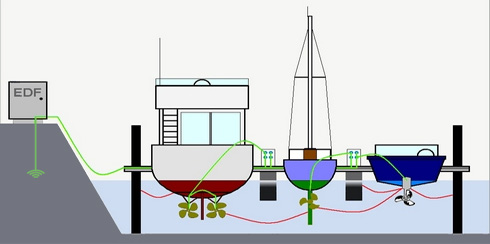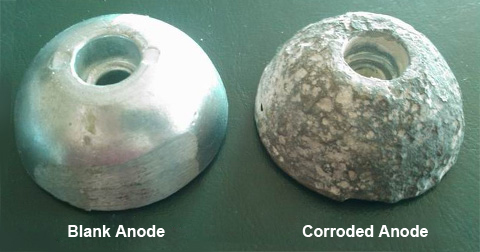MARINE DISTRIBUTOR, BOAT SUPPLIES, NAUTICAL ACCESSORIES, R.V. PARTS,
PROPELLERS, BOAT PARTS, OUTBOARD & SEMI OUTBOARD ENGINE PARTS, PERSONAL WATERCRAFT,
RIGGING FOR SAILBOATS, MOTORBOATS, ROPE, HARDWARE, ANCHORS, FIBERGLASS, PAINT,
PLUMBING, ELECTRICITY, DOCKS, FENDERS, CLEANING PRODUCTS, WATER SPORTS,
ELECTRONICS, GPS AND DEPTH GAUGE
Are you a member? It's free!
-
Products
-
Anchors, Ropes and Docking Accessories
- Boat Maintenance
- Cabin, Kitchen, BBQ and Decorations
- Canvas, Covers, Biminis and Carpets
- Dinghy & Canoe Accessories
- Electricity and Lighting
- Electronics
- Equipment for Sailing
- Fishing Products
- Gas Tanks and Fittings
- Hardware and Fasteners
- Ladders & Plateform
- Mechanical Motor Parts and More
- Navigation and Publications
- Plumbing, Toilet and Accessories
- Propellers
- Recreational Vehicle Accessories
- Safety and Rescue Equipment
- Seats, Chairs, Tables, Hardware & Accessories
- Steering Accessories
- Trailers
- Ventilation, Hatches and Accessories
- Watersports
- Winterizing
- Anchors, Ropes and Docking Accessories
- Boat Maintenance
- Cabin, Kitchen, BBQ and Decorations
- Canvas, Covers, Biminis and Carpets
- Dinghy & Canoe Accessories
- Electricity and Lighting
- Electronics
- Equipment for Sailing
- Fishing Products
- Gas Tanks and Fittings
- Hardware and Fasteners
- Ladders & Plateform
- Mechanical Motor Parts and More
- Navigation and Publications
- Plumbing, Toilet and Accessories
- Propellers
- Recreational Vehicle Accessories
- Safety and Rescue Equipment
- Seats, Chairs, Tables, Hardware & Accessories
- Steering Accessories
- Trailers
- Ventilation, Hatches and Accessories
- Watersports
- Winterizing
-
Anchors, Ropes and Docking Accessories
- Brands
- Promotions
- Dealer Locator
- Contact Us
- Become a retailor or franchise
| ||
Understanding how an anode works (abridged version) At home, the problem of grounding is usually simple. It consists of the green ground wire in the AC cabling system and has as its goal to prevent shock or electrocution. The ground connection is usually done by clamping a metal water pipe or by pressing a copper post deep into the ground. On a boat, this concept is much more complicated. In addition to AC supply (if equipped), we need a DC ground and negative return, a grounding due to lightning and RF ground (radio frequency) for radio systems and VHF (if on board). Our first instinct might be to simply make the connection to the ground in a submerged metal such: a through-hull, a propeller shaft or other metal submerged. Unfortunately, this type of connection will probably give rise to serious electrolytic corrosion problems in these parts. The use of sacrificial anodes will protect the metal components which are subject to deterioration and corrosion.  Anode: negative polarity metal piece (-) that is installed on the vessel or, more often, over the immersed part of the engine. It helps protect the engine and / or boat against galvanic corrosion and damage caused by power losses.
 It is recommended in most cases, to replace the anodes annually. Here is an example of a virgin anode and a corroded anode: 
If you are unsure of your needs, bring your anodes to the branch. Terms of Use: This journal is intended for information purposes only Marine Mart Corp. offers the 'Captain’s Logbook' in good faith but can not guarantee or warrant the accuracy of this information in the Journal For questions... a product, a brand or a specific application, always refer to manufacturer's instructions. Copyright: All rights reserved. No reproduction of this message in whole or in part is permitted without written permission of the Marine Warehouse Inc. |

